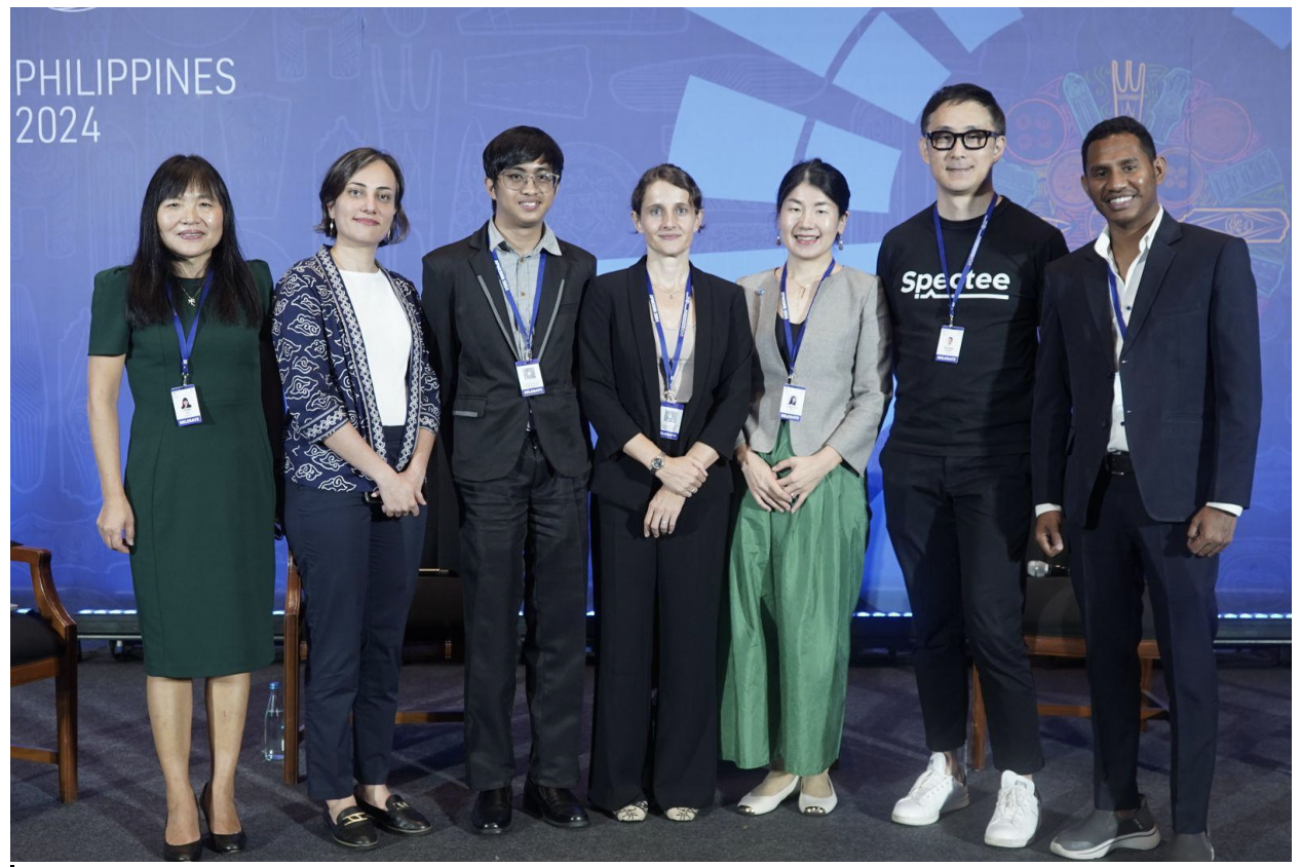From Timor-Leste to a Global Platform: A UN Volunteer’s Journey in Disaster Risk Reduction

In April 2023, my professional journey took an exciting turn when I joined the United Nations system as a National UN Volunteer.
Recruited by the United Nations Office for Disaster Risk Reduction (UNDRR) and based at the UN Resident Coordinator’s Office in Dili, I was tasked with providing technical assistance and advisory support to the Civil Protection Authority (CPA), Timor-Leste’s national disaster management institution. My primary role was to provide support on the development of the Mid-Term Review of the Sendai Framework 2015–2030 for Timor-Leste.
This role was more than just a professional assignment; it was a gateway to profound learning and meaningful contributions. I engaged in community consultations, facilitated multi-stakeholder discussions, and led national workshops. These experiences not only enriched my technical expertise but also strengthened the trust placed in me by my host agency, UNDRR’s Regional Office for Asia and the Pacific.
Building on this trust, I was given the opportunity to provide strategic assistance to the government on several initiatives. This included drafting inclusive guidelines for Multi-Hazard Early Warning Systems, enhancing the Losses and Damages Accounting System, and designing capacity-building programmes. I also conducted stakeholder mapping analyses to ensure a more cohesive approach to disaster risk reduction (DRR).
However, the journey was not without challenges. Fragmented DRR policies, limited resources, and a lack of coordinated efforts across sectors and partners were significant hurdles. Under the steadfast leadership of the UN Resident Coordinator’s Office and the guidance of the UNDRR Regional Office, I addressed these challenges with determination and optimism.
As a young Timorese professional with a background in environmental science and a deep passion for climate change and disaster risk reduction, I never imagined I would one day represent my country at a regional conference. That dream became reality in October 2024, when I accompanied the Government delegation to the Asia-Pacific Ministerial Conference on Disaster Risk Reduction in the Philippines.
This landmark event, attended by thousands of participants - including UN agencies, civil society organisations, academics, media, private sector representatives, and governments - offered a platform to connect, learn, and share experiences. The conference was instrumental in advancing the Sendai Framework’s goals and reshaped my career trajectory.
During the conference, I built networks with international organisations, learned from best practices across the region, and fostered collaboration to generate innovative DRR interventions. I also briefed the Timorese delegation on key sessions, facilitated high-level meetings, and witnessed Timor-Leste’s growing commitment to proactive disaster management. Notably, a meeting between the Head of Delegation (President of CPA) and the UN Secretary-General’s Special Representative for Disaster Risk Reduction marked a pivotal moment, with Timor-Leste committing to transitioning from a reactive to a proactive approach to disaster management.
Key Takeaways for Timor-Leste
The conference underscored several actionable insights for Timor-Leste to enhance its disaster resilience:
- Transitioning from Reactive to Proactive DRM: Learning from the Philippines, this involves stronger localisation of disaster risk management, integrated governance, and active civil society engagement.
- Scaling Up DRR Investment: Both domestic and international funding are crucial to strengthening community resilience.
- Strengthening Early Warning Systems: Investments must address all four components: risk knowledge, monitoring and forecasting, dissemination, and preparedness.
- Promoting Collaboration: Disaster risk reduction is everyone’s responsibility. Strengthening coordination across governments, development partners, academia, media, private sector, youth, and local authorities is essential.
- Data-Informed Decisions: Strategic prioritisation of DRR interventions requires robust data to guide resource mobilisation.
- Incorporating Gender and Social Inclusion: These dimensions are non-negotiable in all DRR strategies.
The respect and trust I received from senior government officials during this journey were both humbling and empowering. These experiences have motivated me to grow as a young professional and to explore my potential in contributing to the Sustainable Development Goals (SDGs).
My story is a testament to the power of youth in driving change. I encourage my peers to take charge of their development, invest in their competencies, and embrace leadership roles in their communities. Together, we can create a future where every decision contributes to a safer, more resilient society.
By: Cirilo Lobo Baptista







